AGATA: ThermAl manaGement in Advanced solar Thermochemical reActors for solar fuel prodution
Research project Corresponding to the call 2023 and reference PID2023-153368OB-I00, withih the Program of Generation of Knowledge 2023.
The energy transition to a climate neutral economy by 2050 (European Climate Pact), based upon the massive deployment of renewable energy and the circular economy, makes compulsory to promote new technological solutions for decarbonization of transport and key industrial sectors like chemical industry that are currently not on track to achieve the objectives for 2030 and 2050. Electrification, and likely also hydrogen, will play a major role in the decarbonization of transportation. Nevertheless, there will be a continued need for liquid hydrocarbon synthetic fuels (and subsequently green syngas), especially for aviation and shipping. In that respect, the working programs of Horizon Europe (in Cluster 5 on Climate, Energy and Mobility), the international Mission Innovation Initiative. the European Strategic Energy Technology Plan (SET Plan) and also the European public-private Joint Undertaking for Hydrogen Technologies (Clean Hydrogen Partnership) are adopting Strategic Research Agendas where the topics on Solar Fuels and Chemicals (SFC) as liquid fuels, ammonia or hydrogen for energy storage and mobility and as feedstock for chemical industry have augmented visibility.
First-generation biofuels cannot meet the required volumes due to availability and sustainability constraints. Thus, scalable technologies, like solar thermochemical production with concentrating solar thermal technologies, will be needed to meet the pressing decarbonization objectives for renewable fuels in energy and transport. International roadmaps and advanced reviews are traditionally including during the last 20 years the objective of developing MW-size demonstrators for the production of SFC by using concentrating solar systems and thermochemical cycles based on metal oxides for the water splitting (alone or combined with CO2). The motivation stems from the potentially high thermal energy conversion efficiency close to 30% at the solar reactor (solar to hydrogen or syngas) for multi-MW systems with integrated heat recovery. However, the associated technology challenges, such as the ultra-high irradiance and temperature of operation, the difficulties to optimize heat recovery, and the preservation of material performance after numerous cycles, are still beyond the state of the art.
The project AGATA addresses scientific and technological challenges related to heat management in solar reactors that are key for the production of SFC from concentrating solar systems by means of solar thermochemical cycles using redox materials, based on the solid background, human resources and equipment of research at IMDEA Energy (IME).
Partners: IMDEA Energy Institute
Funding Institution/Program: Ministry of Science, Innovation and Universities / FEDER-UE / Proyectos de Generación de Conocimiento 2023
Period: September 2024-December 2027
IMDEA Energy Institute external funding: 126.250 €
Funding FPI: 125.200 €
IPs IMDEA Energy: Dr. José González / Dr. Manuel Romero

Grant PID2023-153368OB-I00 funded by MICIU/AEI /10.13039/501100011033 and by ERDF/EU


